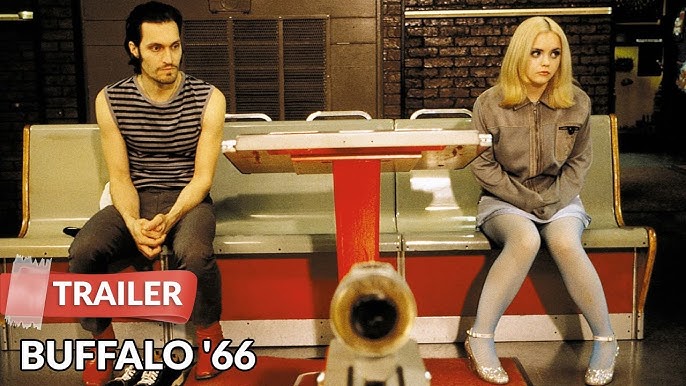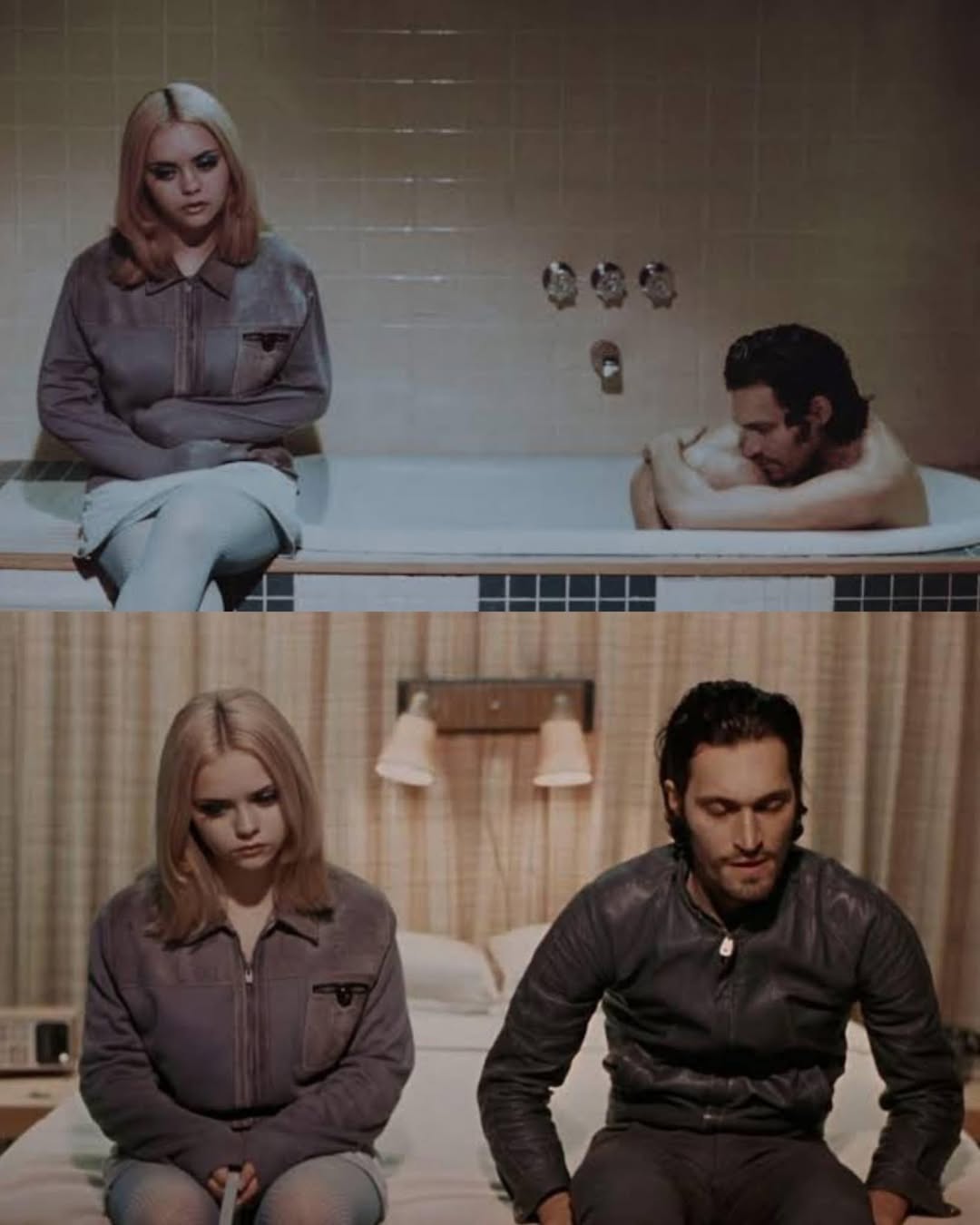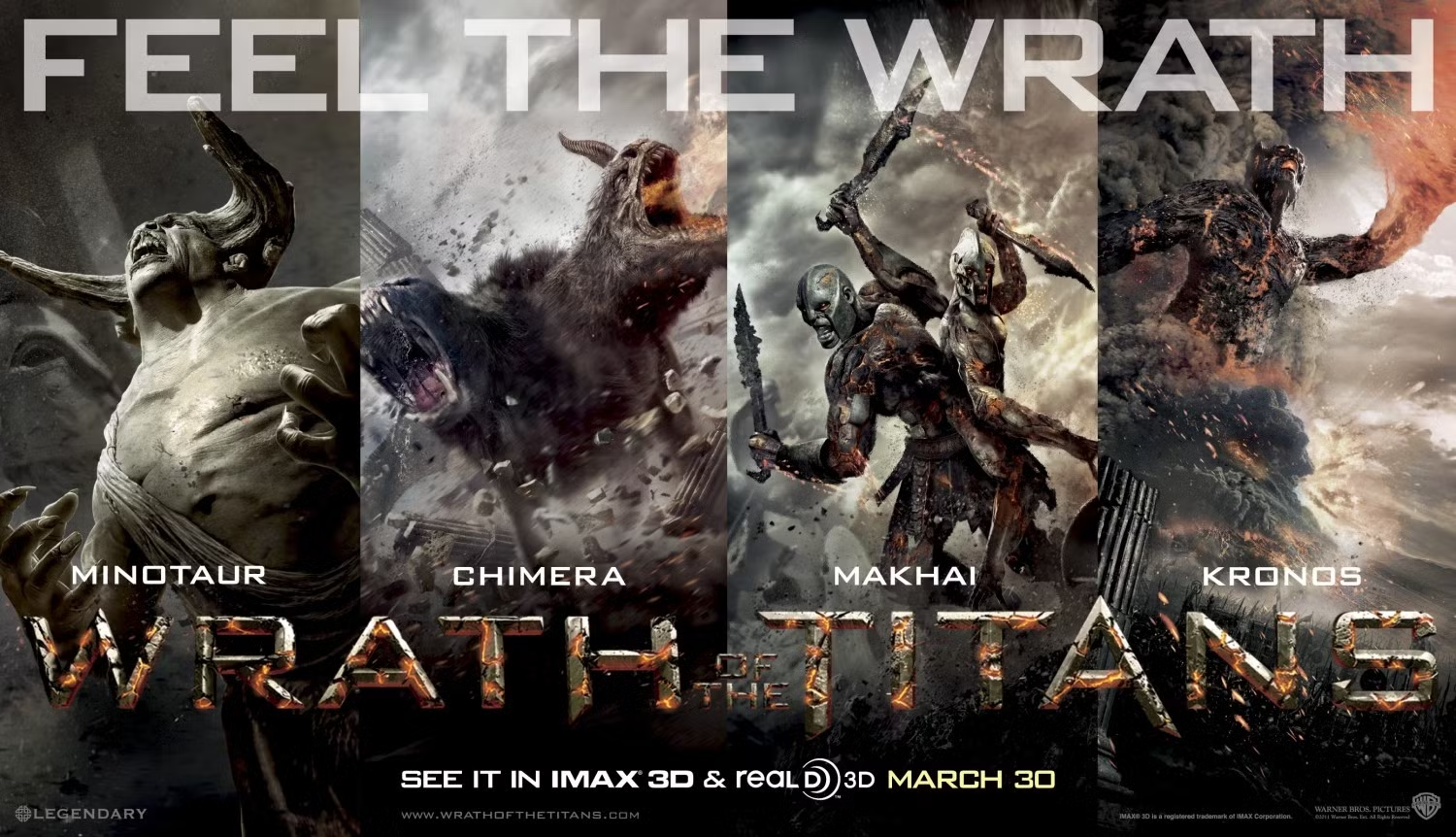Vincent Gallo’s Buffalo ‘66 (1998)

Vincent Gallo’s Buffalo ‘66 (1998) is an offbeat, melancholic, and oddly touching film that blurs the lines between indie quirk and raw emotional drama. Written, directed by, and starring Gallo, the film tells the story of Billy Brown, a socially awkward ex-convict who, upon release from prison, kidnaps a young tap dancer, Layla (Christina Ricci), and forces her to pose as his wife when he visits his neglectful parents.
At its core, Buffalo ‘66 is a character study of a man shaped by years of emotional neglect, poor choices, and a desperate need for validation. Billy is volatile, unpredictable, and, at times, cruel, yet Gallo makes him painfully human. Ricci’s Layla is a fascinating contrast—soft-spoken yet assertive, drawn to Billy despite his abrasive nature. Their strange, dysfunctional dynamic evolves into something unexpectedly tender, making for one of the most unconventional love stories in indie cinema.

The film’s aesthetics are striking, with Gallo employing muted tones and unpolished cinematography that evoke a sense of nostalgia and alienation. The use of slow-motion, abrupt cuts, and dreamlike sequences enhance the film’s surreal atmosphere. The soundtrack, featuring works from King Crimson and Yes, adds to its haunting quality.

What makes Buffalo ‘66 enduring is its ability to balance absurd humor with genuine pathos. Billy’s struggle for redemption, no matter how clumsy, feels authentic, making the ending surprisingly poignant. While some may find Gallo’s self-indulgence polarizing, the film’s rawness, eccentric performances, and unique storytelling leave a lasting impression.

A bizarre yet deeply human tale of longing and second chances, Buffalo ‘66 is a must-watch for those who appreciate flawed characters and indie filmmaking at its most intimate.











